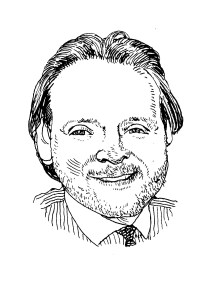Dollars and Sense: Weighing the Impact of a Weak Dollar on Foreign Investment
By Jotham Sederstrom January 10, 2012 12:34 pm
reprintsSince the summer, we’ve seen the U.S. dollar gain significant strength relative to the euro and many other foreign currencies. One of the frequently asked questions I’ve been fielding is how the strengthening dollar will impact foreign investment in New York City.

It’s true that the dollar has strengthened. If we compare the dollar to the euro, we see that in August the euro was at 1.45 to the dollar and, last Friday, the euro dropped to 1.27 as the economic problems in Europe impact the currency balance. If we believe what many people in the industry claim, that the weak dollar is an incentive for foreign buyers to purchase properties here, this shift should exert negative pressure on the flow of overseas capital into our market.
I’m always left scratching my head when I hear people say the weak dollar stimulates foreign investment in the U.S. The fact is, when the dollar is weak, the incentive for offshore buyers to invest here is also correlatively weak. Think about the dynamic at work. If foreign investors buy a property here because the dollar is weak, they’ll receive their income in the same weak dollar. And if they sell the property (even at a big profit), they’ll receive the sale proceeds in that same weak dollar. Without fluctuations in the relative strength of each currency, investors are no better off from having invested in the land of the weak dollar.
In fact, foreign investors would benefit from an investment here only if their home currency failed to strengthen at the same pace as the dollar. Only if investors chose to play a currency arbitrage trade (while also investing in real estate) could they hope to receive a benefit specifically caused by the weak dollar. While some investors might take this into consideration, the vast majority of foreign commercial real estate investors do not.
This theory is also supported by the fact that we haven’t seen a long-term correlation between the strength of the dollar and the appetite from cross-border investors for properties here. And if that correlation existed, it would be reflected in the New York City sales data, as the Big Apple is the most sought-after destination for this foreign capital.



